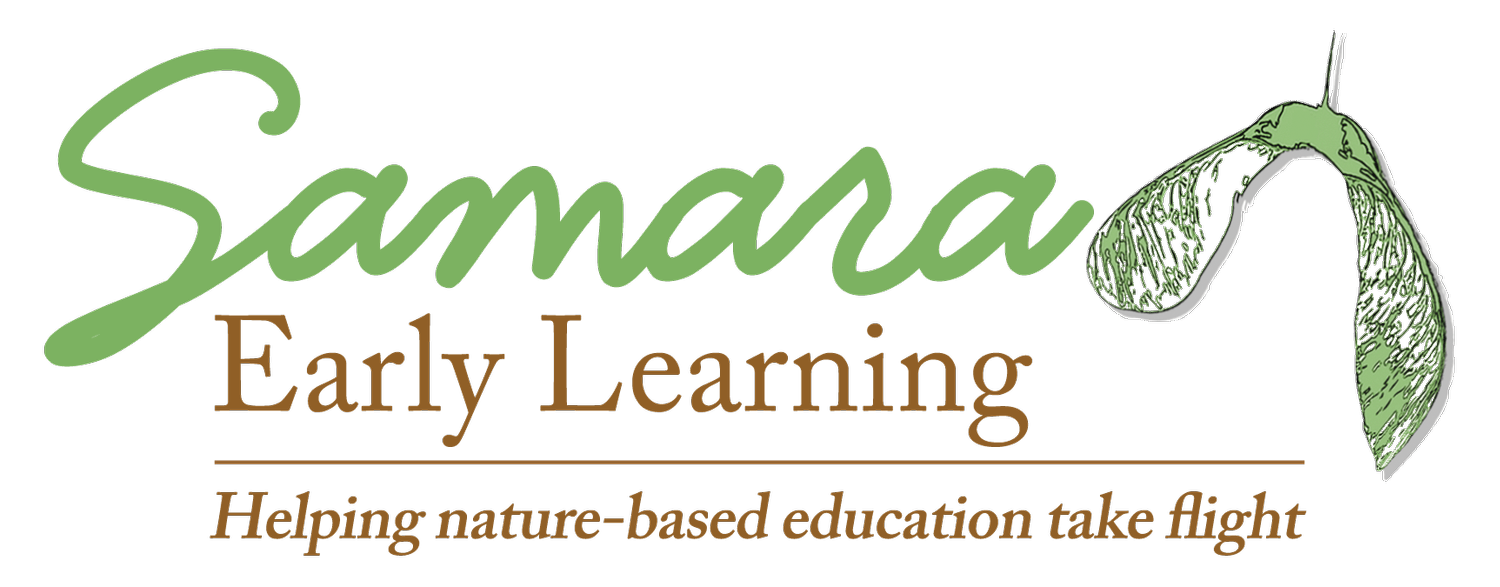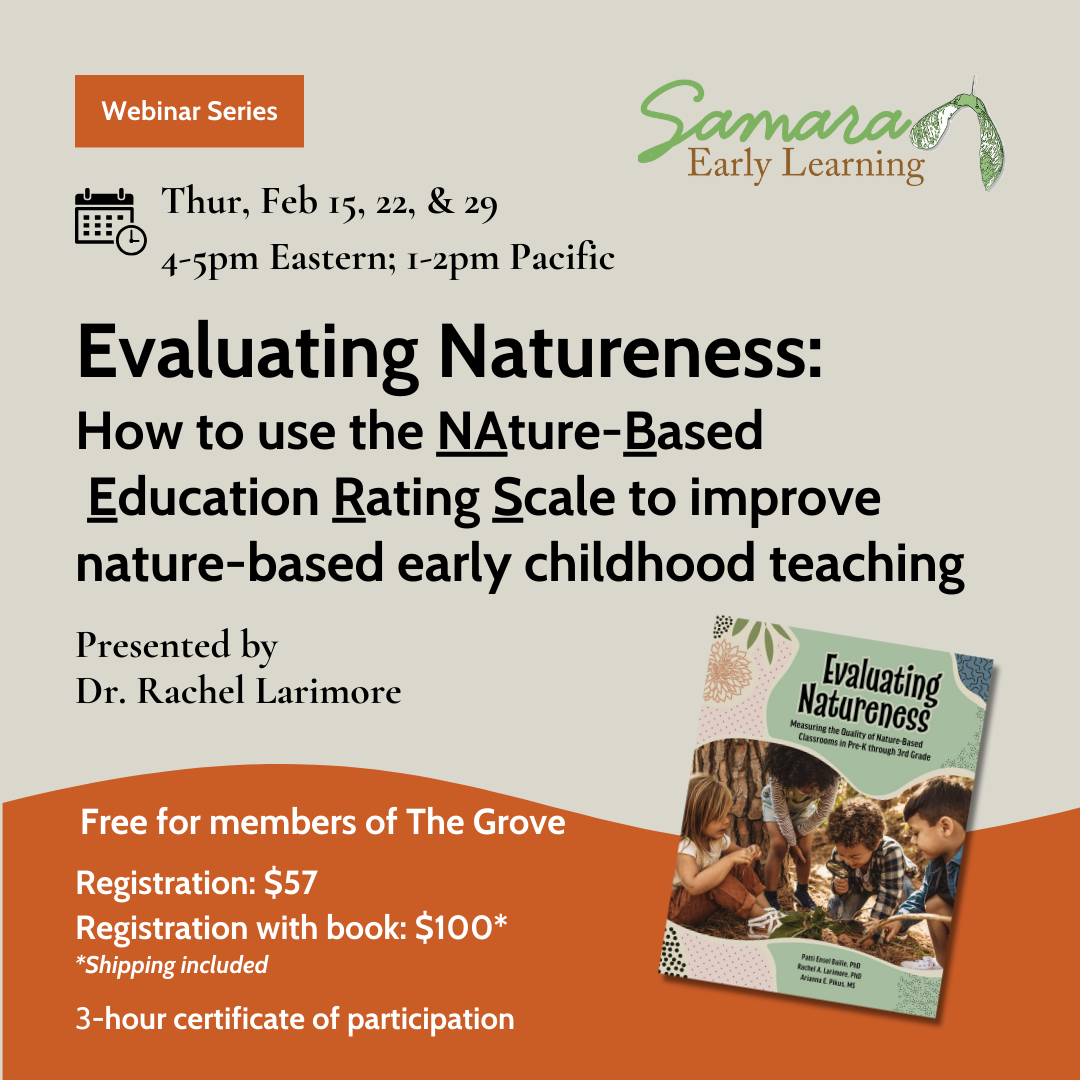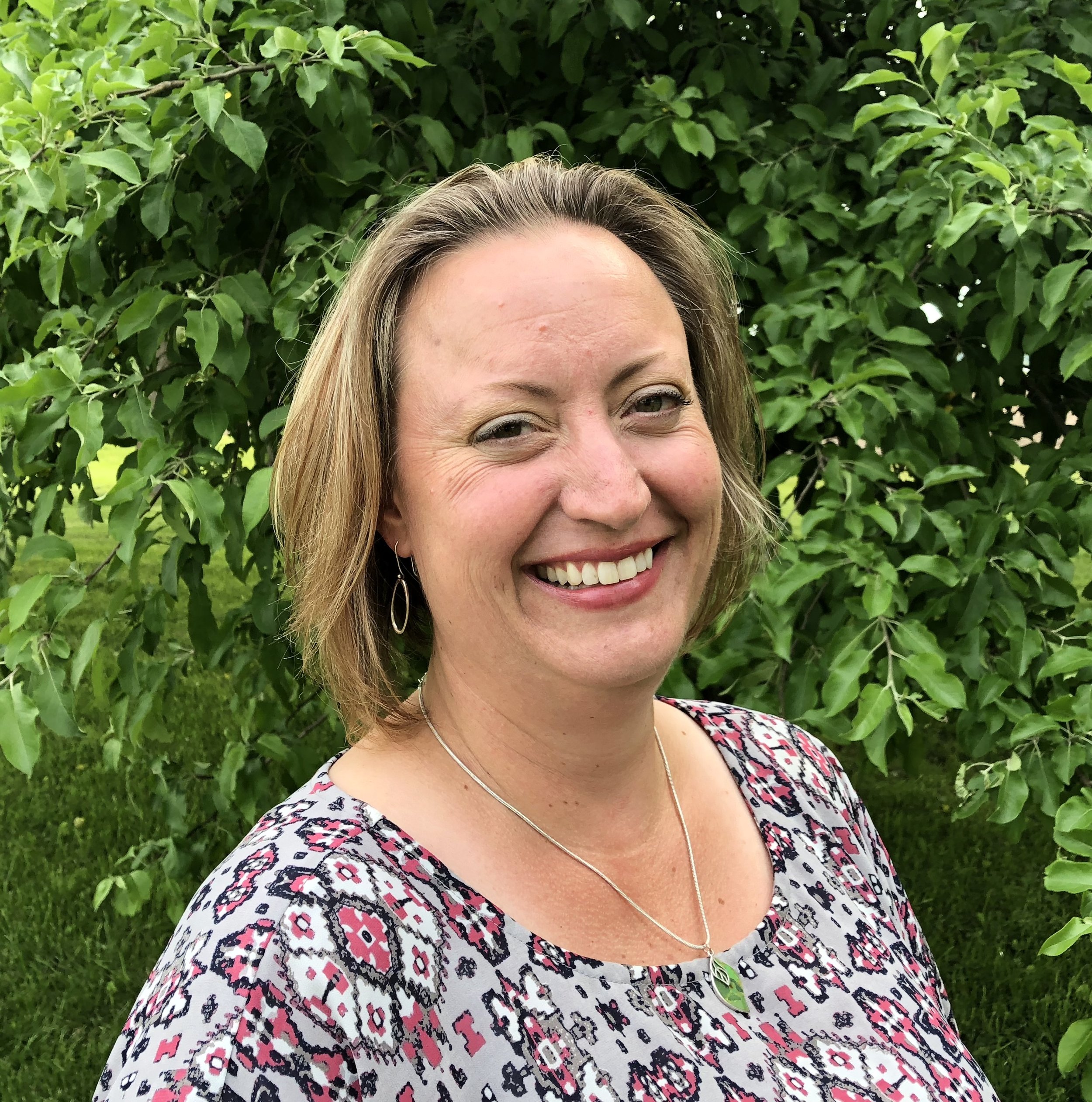WEBINAR Evaluating Natureness: How to use the Nature-based Education Rating Scale to improve early childhood teaching
Measure “natureness” of PreK and K-3 programs & identify opportunities for improvement
This tool can help nature-based educators:
→ Establish credibility within the early childhood community as well as potential families
→ Advocate for inclusion of nature-based approaches & supports in early childhood regulations (e.g., quality rating improvement systems)
→ Leverage funding resources by identifying a clear plan for ongoing improvement
→ Attract more “right-fit” families
Nature-based teaching is a rapidly growing approach in early childhood. Yet not all nature-based is the same. Some programs implement a little bit of nature in their teachers where other programs center nature in the curriculum. This has left many educators wondering how we can identify the quality and level of “natureness” in PreK and K-3 programs. Enter the NAture-Based Education Rating Scale (NABERS; pronounced “neighbors”)!
In this three-session online class Dr. Rachel Larimore will facilitate a deep dive into the NAture-Based Education Rating Scale (NABERS; pronounced “neighbors”). The three sessions will generally follow the flow of the Evaluating Natureness book. More specifically, the sessions will address how to use the tool for ongoing self-assessment or as a coaching tool and how to prepare for those observations. Then we will explore the concepts and terms in each of the sections of the NABERS tool including: Program Goals & Curriculum Practice, Staffing, Environment, Community Partnerships, and Family Engagement. The series will wrap up discussing how to score the observation and what to do with that observation results.
Leave with a framework to…
…more deeply reflect on your nature-based teaching practices
…establish a shared language and pedagogical goals among team members
…identify tangible actions to move your work forward, whether you are a newcomer to nature-based early childhood education or a seasoned professional
…determine clear action steps to improve how children learn with nature in order to live rich, full lives
The Logistics
Between sessions you’ll be asked to use the tool in the classroom so you ask any questions that may have emerged, but there is no official homework or assignments between sessions.
This webinar will be held via Zoom. (Yes, we’ll send you the recording if you can’t attend live!) And whether you attend live or view the recording, we’ll send you a certificate for 3 hours of attendance.*
Though not required, we strongly recommend participants have a copy of the book Evaluating Natureness: Measuring the Quality of Nature-based Classrooms in Pre-K Through 3rd Grade. The NABERS tools for both PreK and K-3 are found inside this book. Purchase of the webinar + Evaluating Natureness book includes free shipping.
Who is this class for?
If you or your team are curious about how “nature-y” you really are and what opportunities you have to improve the quality of your nature-based teaching, then this is class for you! It’s also useful for those who support programs (e.g., curriculum coaches) that want to begin integrating nature or want to move to the “next level” in their nature-based practices.
This is not an interrater reliability training. However, if your team is looking to establish interrater reliability, this webinar series will lay a strong foundation with a shared understanding of terms and concepts.
About the NAture-Based Education Rating Scale (NABERS)
While other measures of quality exist in early childhood education (e.g., ECERS, CLASS) this is the first tool to specifically address the features of nature-based education. NbECE is considered the blending of early childhood and environmental education and the NABERS tool focuses specifically on the overlap between these two disciplines. That is, NABERS does not address measures of quality related to early childhood in general, but rather those practices specific to the nature-based approach. For example, family engagement is important whether a program is nature-based or not. Thus, NABERS only addresses aspects specific to family engagement such as family education related to the benefits of nature-based learning.
The NABERS was developed by Dr. Patti Bailie, Arianna Pikus, and Rachel Larimore as a tool to compare different preschool and K-3 settings when looking at the influence of nature on child learning outcomes. The hope, however, is this tool will be useful to anyone looking to integrate nature into the early childhood classroom. It will also be useful for those who support programs that are already implementing nature-based approaches or are looking to shift their practice to include more nature-based teaching and learning.
*Please note, licensing requirements for early childhood educators vary significantly, so we cannot guarantee this time will be accepted for your requirements. We recommend that you contact your certifying or state licensing agency for clarification.
About Rachel Larimore
Dr. Rachel A. Larimore is an educator, consultant, speaker, researcher, and author. Her work focuses on the intentional integration of nature to support young children’s holistic development by learning with nature to expand their worlds and live rich, full lives. She has written multiple books including Establishing a Nature-Based Preschool, Preschool Beyond Walls: Blending Early Childhood Education and Nature-Based Learning, and Evaluating Nature: Evaluating Natureness: Measuring the Quality of Nature-based Classrooms in Pre-k Through 3rd Grade. Rachel is the founder and Chief Visionary of Samara Early Learning, an organization focused on helping early childhood educators start nature-based schools or add nature-based approaches into their existing program. Prior to founding Samara, she spent more than a decade starting and directing one of the first nature-based preschools in the United States.



